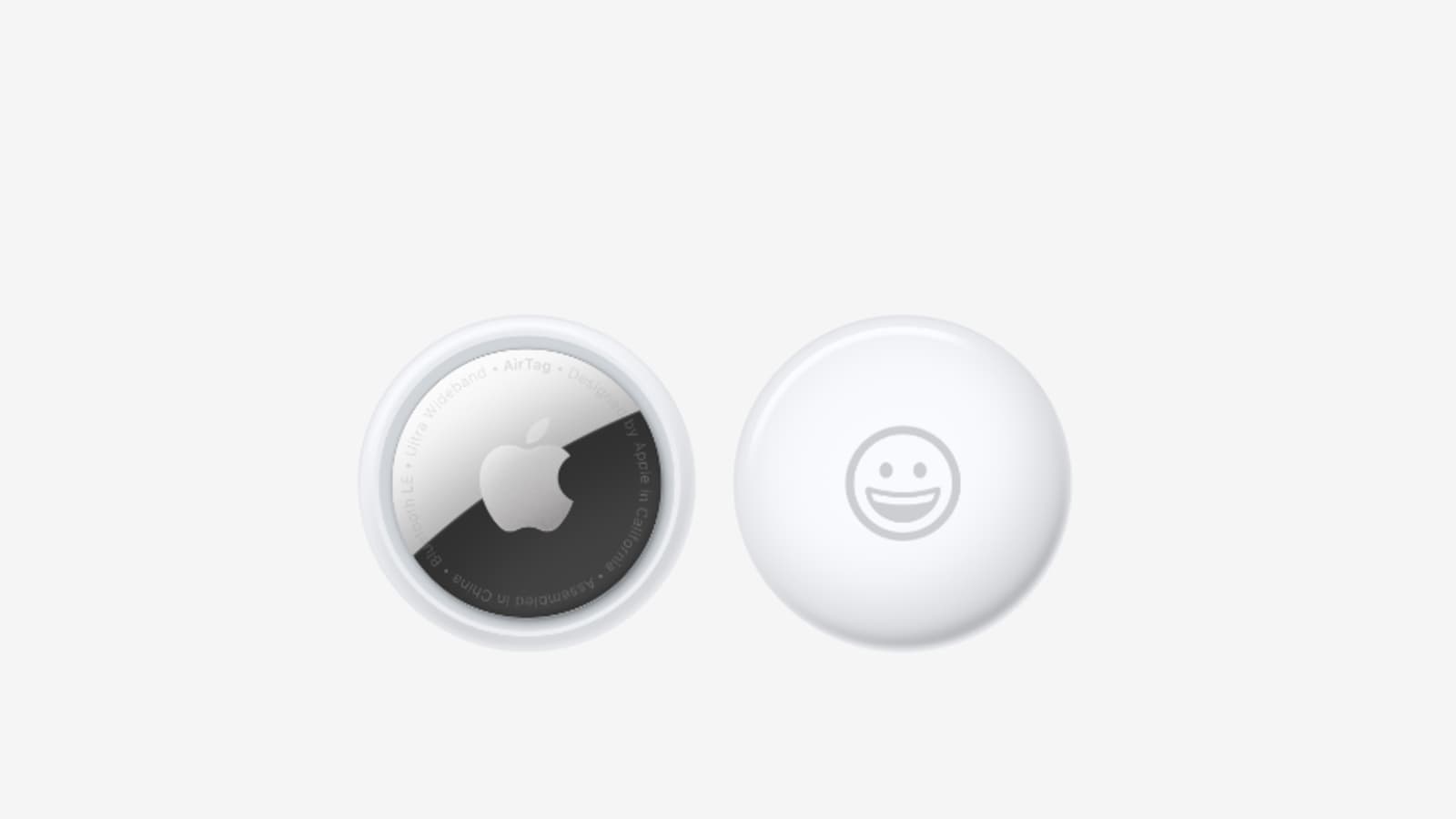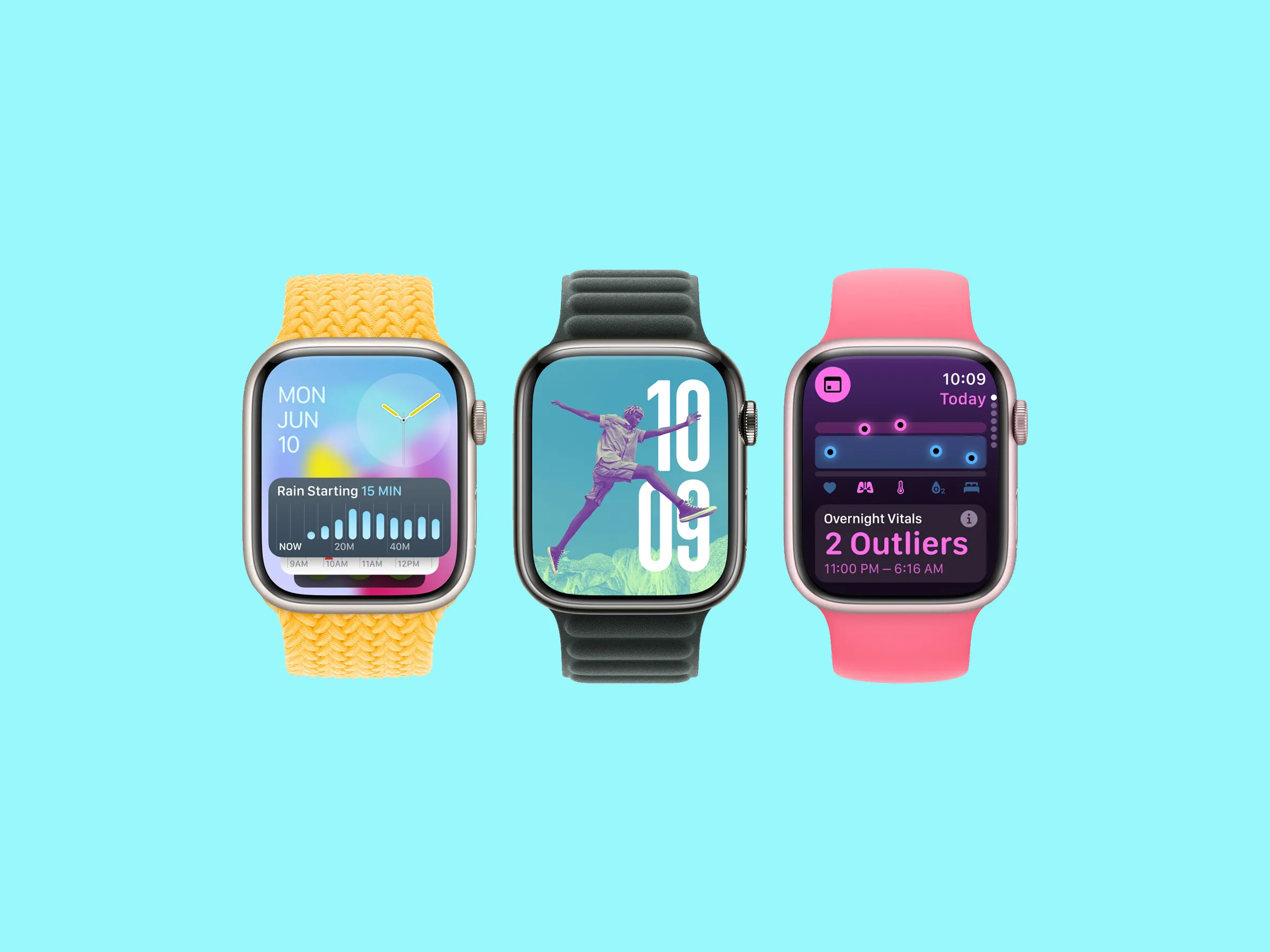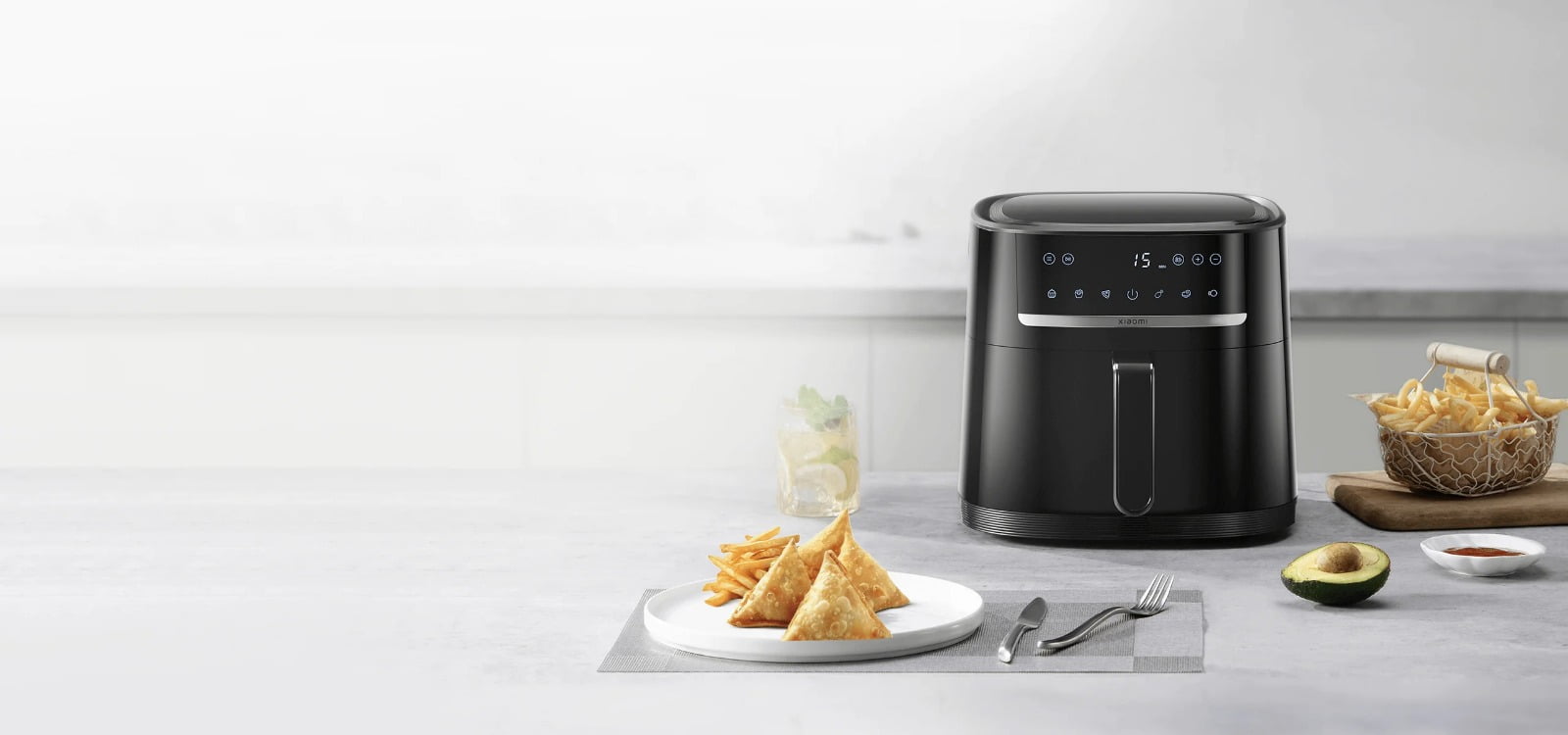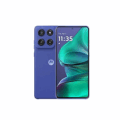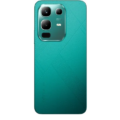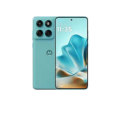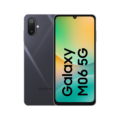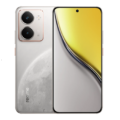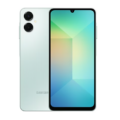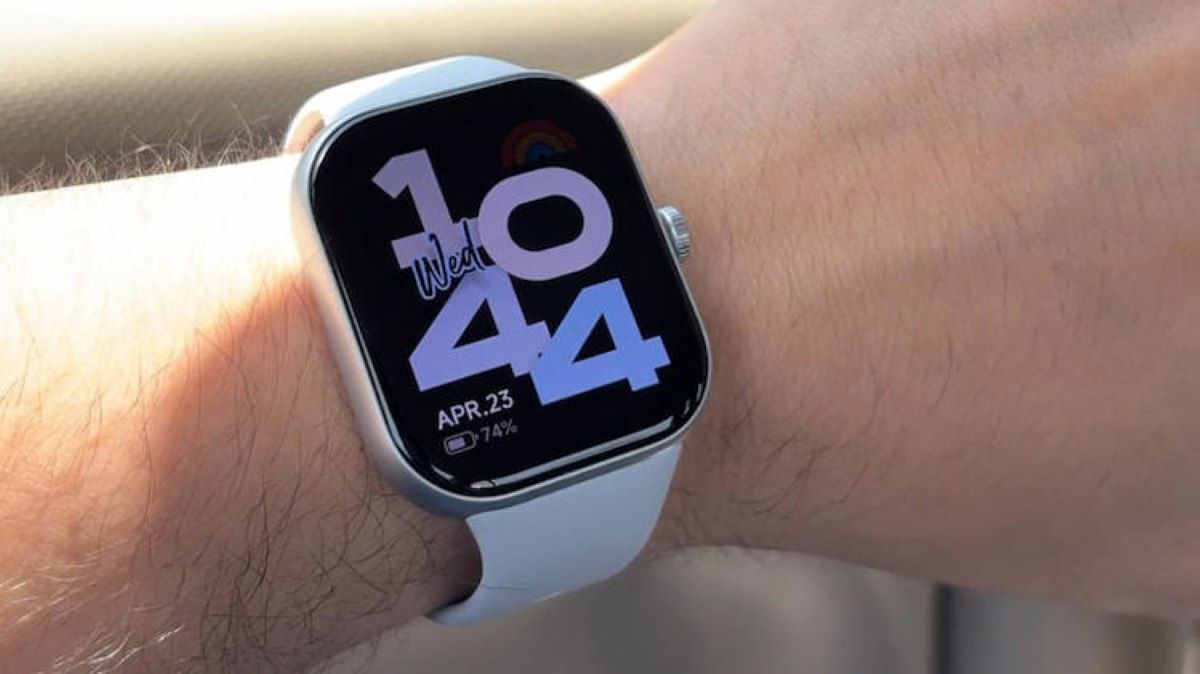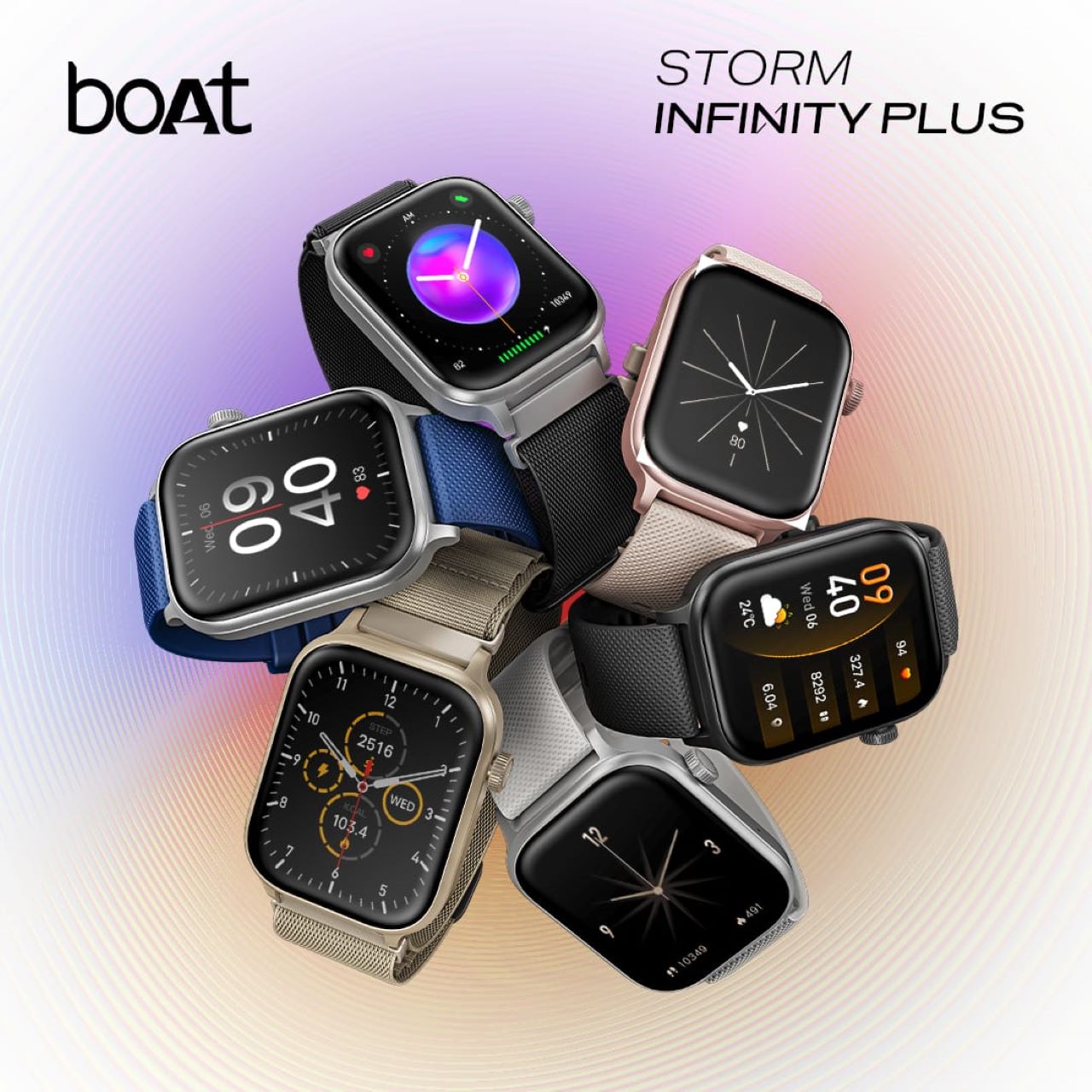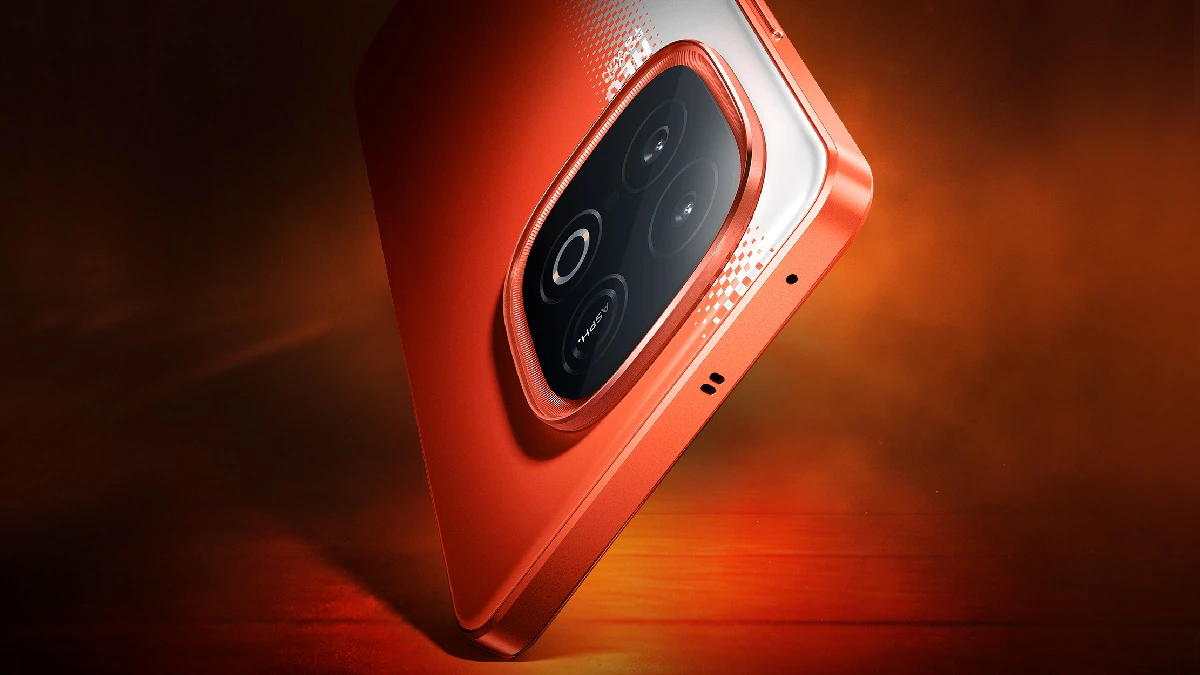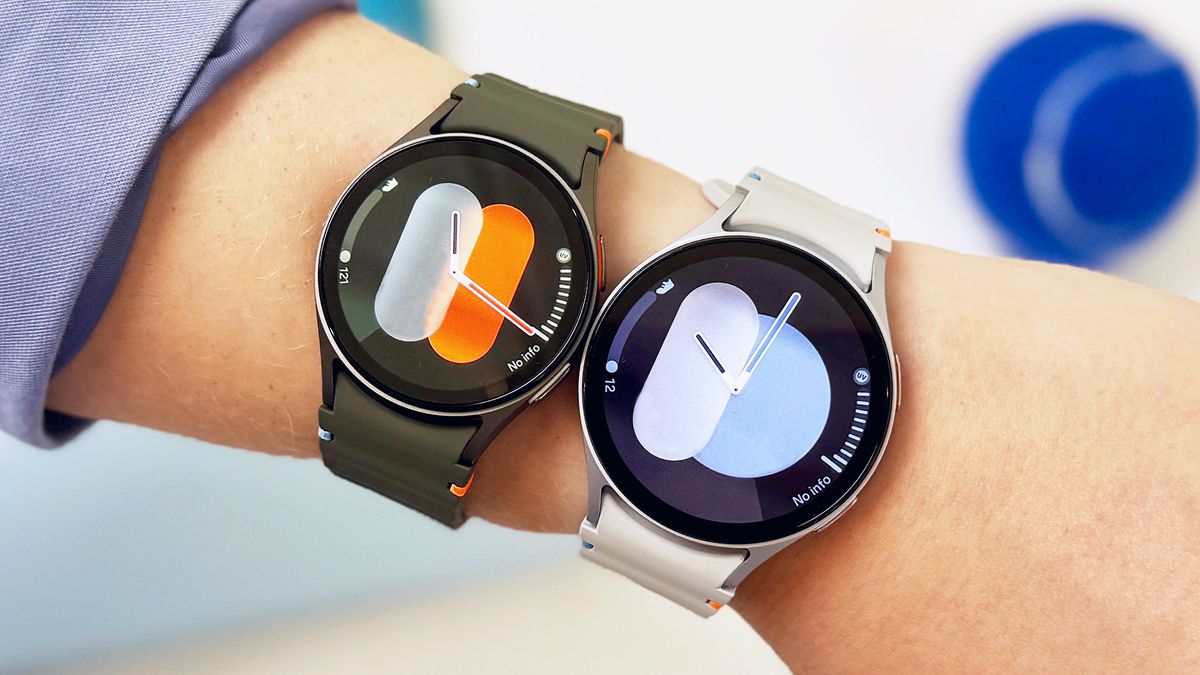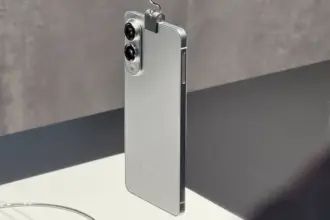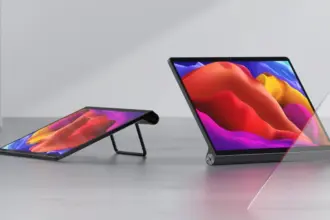The race to create the most effective Bluetooth trackers for Android devices is heating up, but early contenders are facing significant obstacles in catching up to Apple’s AirTag. While several companies have released their own versions of the popular tracking devices, many are struggling to gain traction due to a combination of technical limitations, high prices, and a fragmented Android ecosystem.
Technical Hurdles and Pricing Concerns
One of the main issues plaguing Android’s AirTag competitors is the lack of a unified finding network akin to Apple’s Find My network. While Apple’s AirTags can leverage the vast network of iPhones to help locate lost items, Android devices rely on a less extensive network and often require users to have the specific tracker’s app installed to aid in finding. This disparity in network coverage makes AirTags a more reliable option for many users.
Additionally, many Android Bluetooth trackers are priced similarly to or even higher than Apple’s AirTag, despite offering fewer features and a less robust finding network. This makes it difficult for consumers to justify the cost of these alternatives, especially when considering the convenience and widespread adoption of AirTags.
Fragmentation and Compatibility Issues
The fragmented nature of the Android ecosystem also poses a challenge for tracker manufacturers. Unlike Apple’s tightly controlled environment, Android devices come in a wide variety of models and run different versions of the operating system. This makes it difficult to ensure seamless compatibility and optimal performance across all devices, potentially leading to a frustrating user experience.
Promising Developments and Future Outlook
Despite these challenges, some Android Bluetooth trackers show promise in narrowing the gap with AirTag. For instance, Samsung’s SmartTag+ utilizes ultra-wideband technology for more precise tracking, and Tile’s Android trackers benefit from a well-established finding network. However, these trackers still need to overcome pricing and compatibility concerns to gain widespread adoption.
As the market for Bluetooth trackers continues to grow, competition is expected to intensify, potentially driving innovation and lower prices. If Android tracker manufacturers can address the technical limitations, optimize pricing strategies, and improve compatibility, they may yet pose a significant challenge to Apple’s dominance in the tracking device market.

